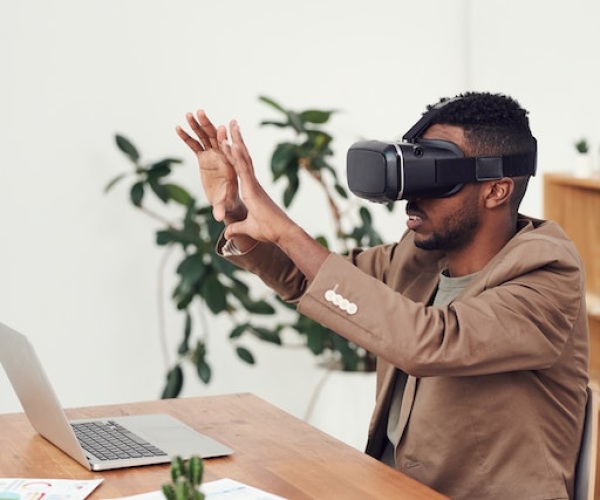Using Virtual Reality in Therapy

When I think of Virtual reality (VR), I think of immersive games and the many commercials from Oculus. Games aside, do you know that VR can also be applied and utilised in the therapy room too?
What is VR.
In VR, a head mounted display is used to immerse you within a virtual environment that gives you a sense of realness or “being there”. This process can be influenced by factors such as the internet connection, image resolution, vividness and how interactive you can be with the environment.
Overview of VR in therapy.
Due to the immersive nature, VR experience often generates similar thoughts, emotions, and reaction comparable to real life experience. Hence, use of specific virtual environment that has been tailored for specific therapeutic outcomes can be powerful within the therapy room. Utilisation of VR in therapy also have been shown to have efficacy with a wide range of disorders including Autism Spectrum Disorder, Anxiety Disorders, and trauma. Some common applications include training and gradual confidence building for work in:
- Exposure therapy
- Attention training
- Relaxation training
- Behavioural skills
- Cognitive skills
What to expect with VR in session.
The use of VR in a therapy session is a highly collaborative process. In addition to knowing the rationale for why VR may be useful as part of your treatment plan, your therapist will work with you to identify some challenges you may experience, and strategies that will be helpful when entering the virtual environment. In exposure work for anxiety provoking situation for example, the therapist will be working with you to establish feared situation on a graded level of distress from least to most feared scenarios based on the environment.
Is VR necessary in therapy?
Rather than a question of importance, VR is a useful tool that can be used to optimise specific therapeutic outcomes. VR has similar efficacy to imagery work or in vivo exposure in exposure therapy. However, VR can be beneficial as it allows higher control over variables that can happen in an environment. Think of VR as a mock environment or a flight simulator that allows you the opportunity to practice in the presence of your therapist to maximise the success you can generalise skills to real life.
If you would like to have a conversation further on how to navigate this, or to improve your mental health and would like to engage with one of our clinicians to support your journey in flourishing, please contact us at Prosper Health Collective for further information on 6381 0071.
https://youtu.be/oX_uIw0-UsE